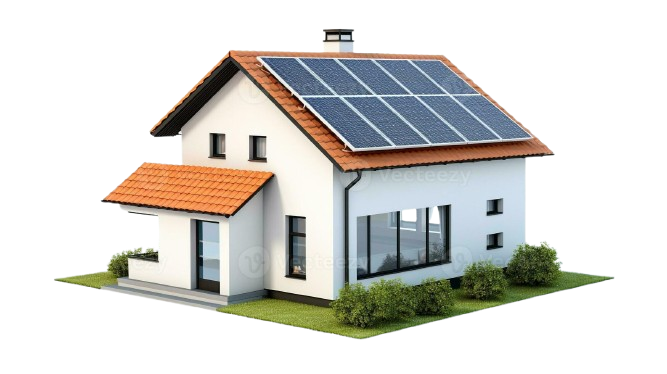The world is at a critical turning point in the fight against climate change. As global temperatures rise and extreme weather events become more frequent, reducing carbon dioxide (CO₂) emissions is no longer optional—it’s essential. Among all renewable energy sources, solar power stands out as one of the most impactful solutions for cutting green
The world is at a critical turning point in the fight against climate change. As global temperatures rise and extreme weather events become more frequent, reducing carbon dioxide (CO₂) emissions is no longer optional—it’s essential. Among all renewable energy sources, solar power stands out as one of the most impactful solutions for cutting greenhouse gas emissions and protecting our planet’s ecosystems.


Unlike coal, oil, and natural gas, solar energy generates electricity without burning fossil fuels. This means it produces zero direct CO₂ emissions during operation. Over its lifetime, a single residential solar panel system can offset tens of tons of CO₂, equivalent to planting hundreds of trees.
Key benefits of solar over traditional energy sources:
The connection between CO₂ emissions and climate change is well-documented. Fossil fuel combustion is responsible for over 75% of global greenhouse gas emissions. By switching to solar, both individuals and businesses can significantly reduce their carbon footprint.
Here’s how solar makes a difference:
Solar energy doesn’t just help the climate—it benefits the environment in multiple ways:
According to the International Energy Agency (IEA), the global shift to solar could reduce up to 6 billion metric tons of CO₂ annually by 2050. That’s like removing over 1 billion cars from the road.


A 5 kW residential solar system in the U.S. offsets about 6,000 kg of CO₂ each year—equivalent to avoiding the burning of over 6,600 pounds of coal.
Transitioning to solar energy isn’t just an investment in your home or business—it’s an investment in a healthier planet. With technology becoming more affordable and efficient, there’s never been a better time to go solar. The takeaway: Every solar panel installed today brings us closer to a future where clean energy powers the world and CO₂ emissions are a thing of the past.
